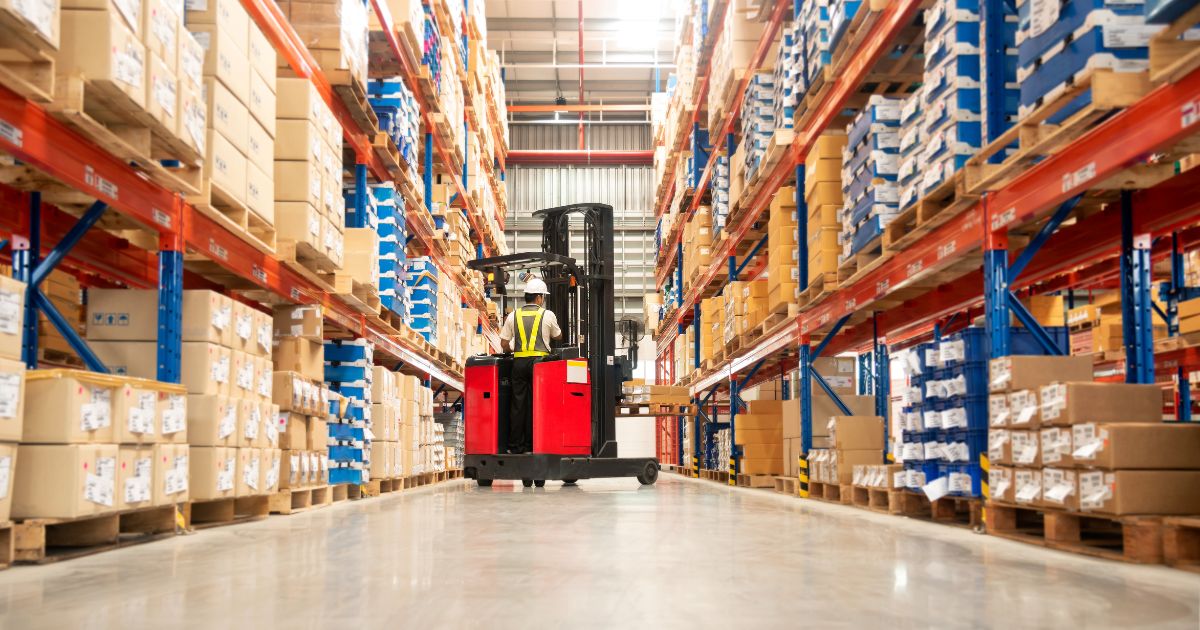Courier Services
At Cardinal Delivery, we offer integrated logistic services to meet the needs of businesses and individuals. From important documents to urgent parcels, we ensure every shipment is handled with care. Whether it’s a single delivery or scheduled service, our tailored solutions ensure timely arrivals.
Courier Delivery
- On-Demand Delivery: Fast delivery for urgent needs.
- B2B and B2C Delivery: Business-focused and direct-to-consumer options.
- Residential and Commercial: Services tailored for homes and businesses.
- Legal Courier Services: Secure handling of sensitive legal documents.
- Medical Courier Services: Safe transport of medical supplies.
- Accounting Courier Services: Delivery of sensitive financial documents.
- Priority and Expedited: Options for faster delivery times.
Courier Delivery Industries
- Legal Firms: Secure delivery of legal documents.
- Healthcare: Transportation of medical supplies and specimens.
- Accounting Firms: Handling of sensitive financial documents.
- Corporate Offices: Document and package delivery for businesses.
- Manufacturing: Delivery of parts and components.
- Retail: Efficient delivery of products and returns.
- Government Agencies: Secure and timely document handling.
- Real Estate: Transport of contracts and sensitive documents.
Final Mile Delivery
- Final Mile Delivery: Ensures goods reach their final destination efficiently.
- Retail & E-commerce: Direct delivery to consumers from distribution hubs.
- Healthcare: Timely delivery of medical equipment and supplies.
- Construction: Last-mile transport of materials to job sites.
- Food & Beverage: Delivery of perishable goods to restaurants and stores.
- Manufacturing: Final delivery of finished products to businesses and consumers.
Final Mile Industries
- Retail & E-commerce: Direct-to-consumer deliveries from warehouses.
- Healthcare: Transport of medical supplies and equipment.
- Construction: Delivery of building materials to job sites.
- Food & Beverage: Delivery of perishable items to restaurants and stores.
- Manufacturing: Final delivery of finished goods to end users.
- Technology: Secure delivery of electronics and tech equipment.
- Home Services: Delivery of appliances and furniture for in-home setup.
Hot Shot Final Mile Delivery
- Urgent Deliveries: Quick, time-sensitive deliveries outside regular hours.
- Direct Routes: Fast transport with no intermediate stops for critical items.
- Small Loads: Ideal for smaller, immediate shipments requiring dedicated transport.
- Flexible Scheduling: Available for same-day, after-hours, and weekend deliveries.
- Customized Solutions: Tailored to meet specific client needs with high priority.
Hot Shot Final Mile Industries
- Oil & Gas: Fast delivery of parts and equipment to drilling sites.
- Construction: Urgent transport of materials and tools to job sites.
- Manufacturing: Quick delivery of essential components to maintain production lines.
- Medical: Rapid transport of medical supplies and equipment to healthcare facilities.
- Retail & E-commerce: Final mile delivery for urgent orders and restocking.
- Automotive: Quick parts delivery to dealerships and repair shops.
Why Choose Cardinal Delivery?
Cardinal Delivery stands out as a leading provider for a 3pl logistics company, offering a range of courier service benefits that set us apart:
With years of experience in the courier industry, our team has the knowledge and expertise to handle complex courier challenges with ease.
We offer a full spectrum of courier services, from same-day delivery to international shipping, ensuring all your courier needs are met under one roof.
Our cutting-edge technology, including real-time tracking and route optimization, ensures that your shipments are always visible and efficiently managed.
We tailor our courier solutions to meet the specific needs of your business, providing flexibility and scalability as your operations grow.
Our commitment to reliability and efficiency ensures your goods are delivered on time and in perfect condition, every time.
At Cardinal Delivery, customer satisfaction is our top priority. We work closely with our clients to ensure our services align with their goals and expectations.
What Clients Say About Cardinal Delivery
At Cardinal Delivery, we offer reliable 3PL and logistics services known for efficiency and accuracy. Client feedback reflects our commitment to quality and timely deliveries. Check our 3PL logistics company reviews to see why we are a preferred partner.
FAQs About Courier Services
What types of courier services does Cardinal Delivery offer?
How does same-day courier service work?
What items can I send through a courier service?
Is real-time tracking available for courier deliveries?
How do I schedule a courier pickup?
What is the difference between express and regular courier services?
Can Cardinal Delivery handle international courier services?
How do I know my package is secure during delivery?
What industries benefit most from courier services?
What is reverse courier service?
Courier Service Trends
Stay informed with Cardinal Delivery’s courier service logistics blog. We help businesses optimize operations, stay updated on trends, and learn best practices for managing courier services.
